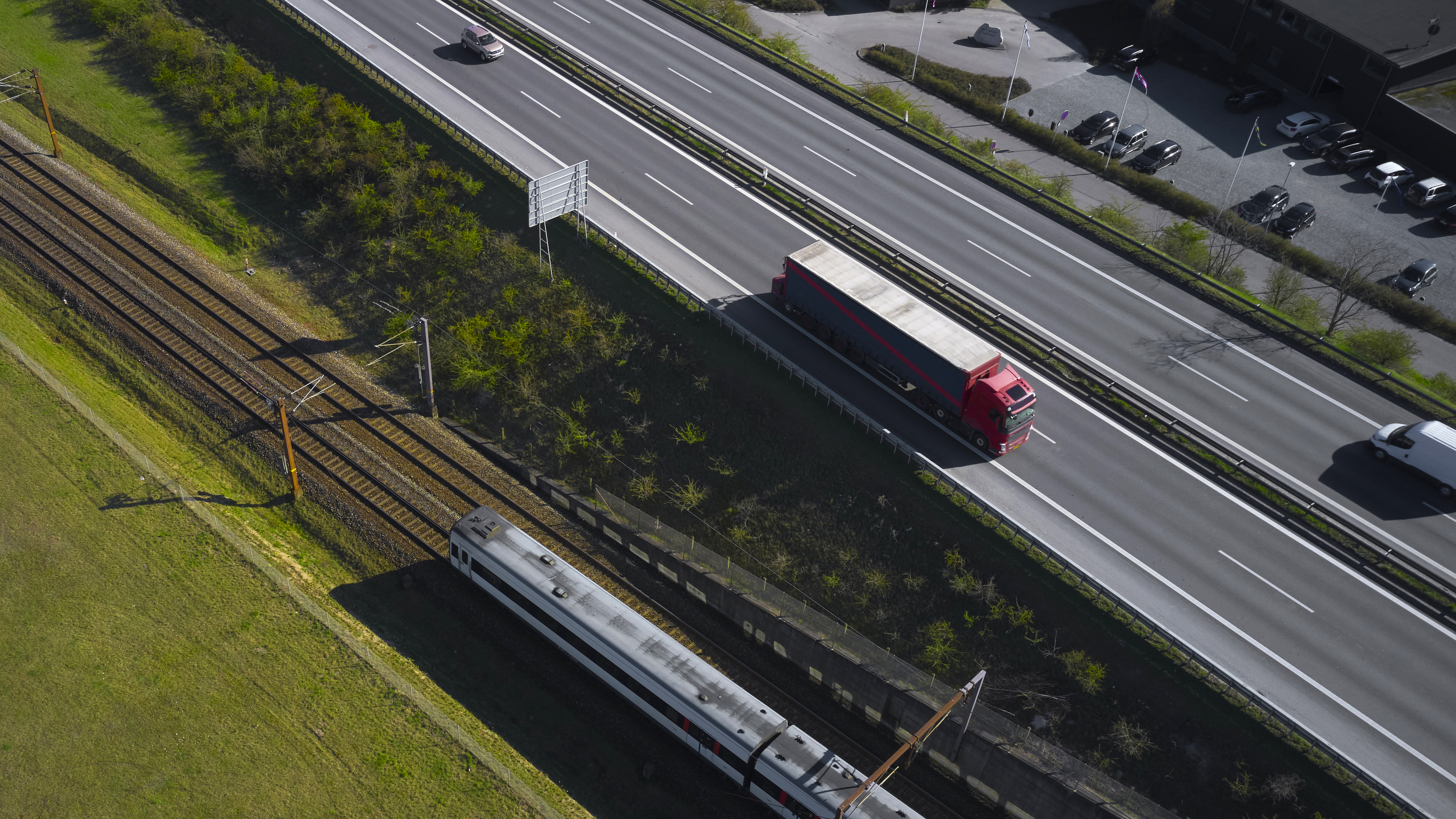This content is also available in: German
Project: Economic costs of transport transformation
What are the economic costs associated with the transportation sector, and what investments are necessary to achieve national climate targets and make Germany greenhouse gas-neutral by 2045?

Preface
The current iteration of the German federal climate protection act requires nearly halving greenhouse gas emissions in the transportation sector by 2030 compared to 2019 levels. By 2045, Germany aims for climate neutrality in transportation. Even with the forthcoming revision to the climate protection act, the transportation sector will need to rapidly and comprehensively reduce its emissions.
To ensure the mobility of people and goods within a climate-neutral transportation system, it is essential to strengthen environmentally friendly modes of transportation and transition to emission-free technologies. This transition requires additional investment, both in expanding transportation infrastructure and charging networks and in adopting climate-friendly vehicles.
It is up to policymakers to prioritize and effectively channel public funds towards climate friendly usage. They should also create regulatory frameworks that encourage private investments towards appropriate avenues. This demands an understanding of decarbonization scenarios and identifying which investments offer the most favorable cost-benefit ratios. Precise information regarding the magnitude and timing of these investments is crucial for reliably planning the expansion and enhancement of essential infrastructure for the transportation transition.
This project systematically calculates the economic costs and investment requirements of two decarbonization pathways that achieve climate neutrality at varying paces, based on scenario analysis. These transportation transition scenarios are opposed with a reference scenario without additional political measures for transitioning transportation. The goal is to highlight the extra investments needed for the transportation transition and pinpoint the resulting differences in costs from an overall economic viewpoint. Therefore, this study seeks to contribute to the development of climate and financial policy recommendations for the transportation sector.
The project partner is Prognos.



